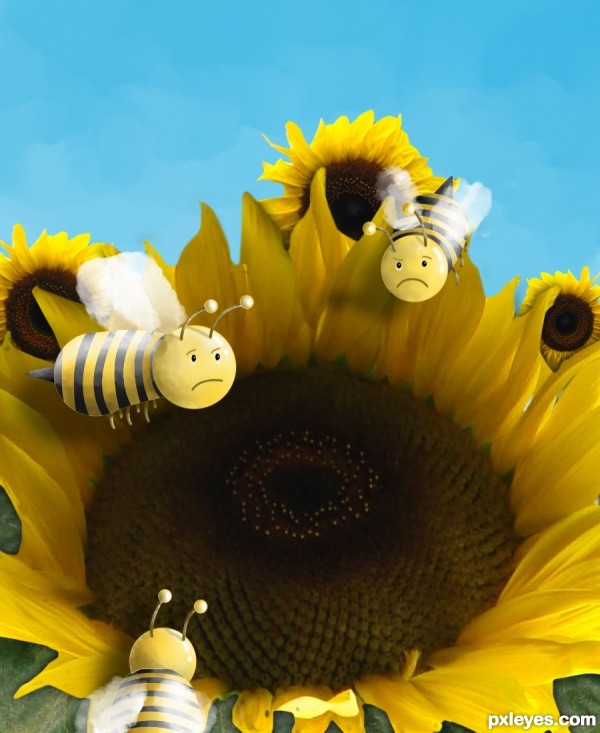“The dolphins” is a dramatic monologue written by Carol Ann Duffy from the perspective of a dolphin who has lost the freedom it enjoyed in the ocean and is now trapped in an artificial swimming pool. This poem brings into limelight the emotions and sufferings of a dolphin subjected to confinement. A sense of enslavement and lack of freedom pervades the entire poem.
Even though dolphins are known as the befriender of human beings in trouble at the sea, it is ironic how human beings are responsible for their misery. Even though the poem begins with positive words like “swim” and “dance,” it is immediately contrasted to their present state of being enslaved by the line “we are not free”.
The Dolphins: Analysis
The poem begins with the dolphin speaking in the second person, which immediately establishes a sense of affinity between the dolphin and the readers. The rest of the poem is in the first person plural, which transports the readers into the world of the dolphins. The dolphin remembers its carefree days in the ocean and contrasts it with its present life of monotony and despair. Although they live in their ‘element,’ i.e., water, they are still experiencing restrictions and boundaries. They are now restricted to limited space in a small pool where they can not ‘swim’ or ‘dance’ but only mourn. They are constantly controlled and dominated by the man in authority. The dolphins can not dream anymore. The water is too shallow for them, and they are just reduced to the status of puppets governed by human beings. The dolphin feels sympathetic towards its companion, whose shape, restricted movements, and thoughts resemble its own. The amount of despair and gloominess in the dolphin’s life is expressed through several contrasts and images.
Even after being sentient in nature, the dolphins are unable to unravel any truth in their artificial world. It doesn’t offer them new experiences. The ‘limits of the pool’ establish a sense of imposed limitations on the dolphin’s life who has to perform on commands. They feel that they are not blessed in this new world of dullness and monotony and seek compassion and empathy in each other’s sufferings. The dolphin’s companion is aware of their state of misery and tries to reduce their pain by sticking together through thick and thin. The only source of joy in their lives is when they think about their memories in the sea. The poem also brings forward the cruelty of human beings towards animals. It shows how man, being superior in nature, denies the minimal level of freedom and happiness to the animals in the world. They constantly use them for their own profits. Human beings have commercialized dolphins by snatching away their natural habitat for their own benefit. The sense of loss and regret is intensified in the line – “ We see our silver skin flash by like memory/ of somewhere else.” Their previous world of passion, joy, and excitement seems to belong ‘somewhere else’ now.
The poem ends on a note of hopelessness and darkness. The dolphins seem to live in a world where the moon is replaced by a ‘colored ball’ and freedom by man’s commands. The natural regulator of tides seems to have been replaced by man-made objects. Their life has become tedious and unexciting, and they keep on circling the grooves of water ‘on a single note.’ Their lives have been reduced to a single note.
Carol Ann Duffy criticizes speciesism as a form of oppression by human beings as a species of privilege over other animals. It enunciates the plight of dolphins imprisoned in a confined pool.
The poet has used repetition, contrast, and imagery of loss to create pathos for the imprisoned dolphins. There is no definite rhyme scheme in the poem. The broken pattern may be taken to represent the brokenness in the dolphin’s mind and soul. The juxtaposition of simplicity and ambiguity in the poem enhances the reader’s interest in the poem.
Carol uses several poetic devices to intensify the feeling of sorrow and monotony in the poem, including metaphor, simile, alliteration, and more. By giving a voice to the dolphin, Carol Ann Duffy has attempted to portray the injustice done by men to the mammals and animals. The themes of loss, nostalgia, oppression, human cruelty, and dislocation are beautifully expressed in the poem.
You can also refer to the summary of The Dolphins here.
Some online learning platforms provide certifications, while others are designed to simply grow your skills in your personal and professional life. Including Masterclass and Coursera, here are our recommendations for the best online learning platforms you can sign up for today.
The 7 Best Online Learning Platforms of 2022
- Best Overall: Coursera
- Best for Niche Topics: Udemy
- Best for Creative Fields: Skillshare
- Best for Celebrity Lessons: MasterClass
- Best for STEM: EdX
- Best for Career Building: Udacity
- Best for Data Learning: Pluralsight
















